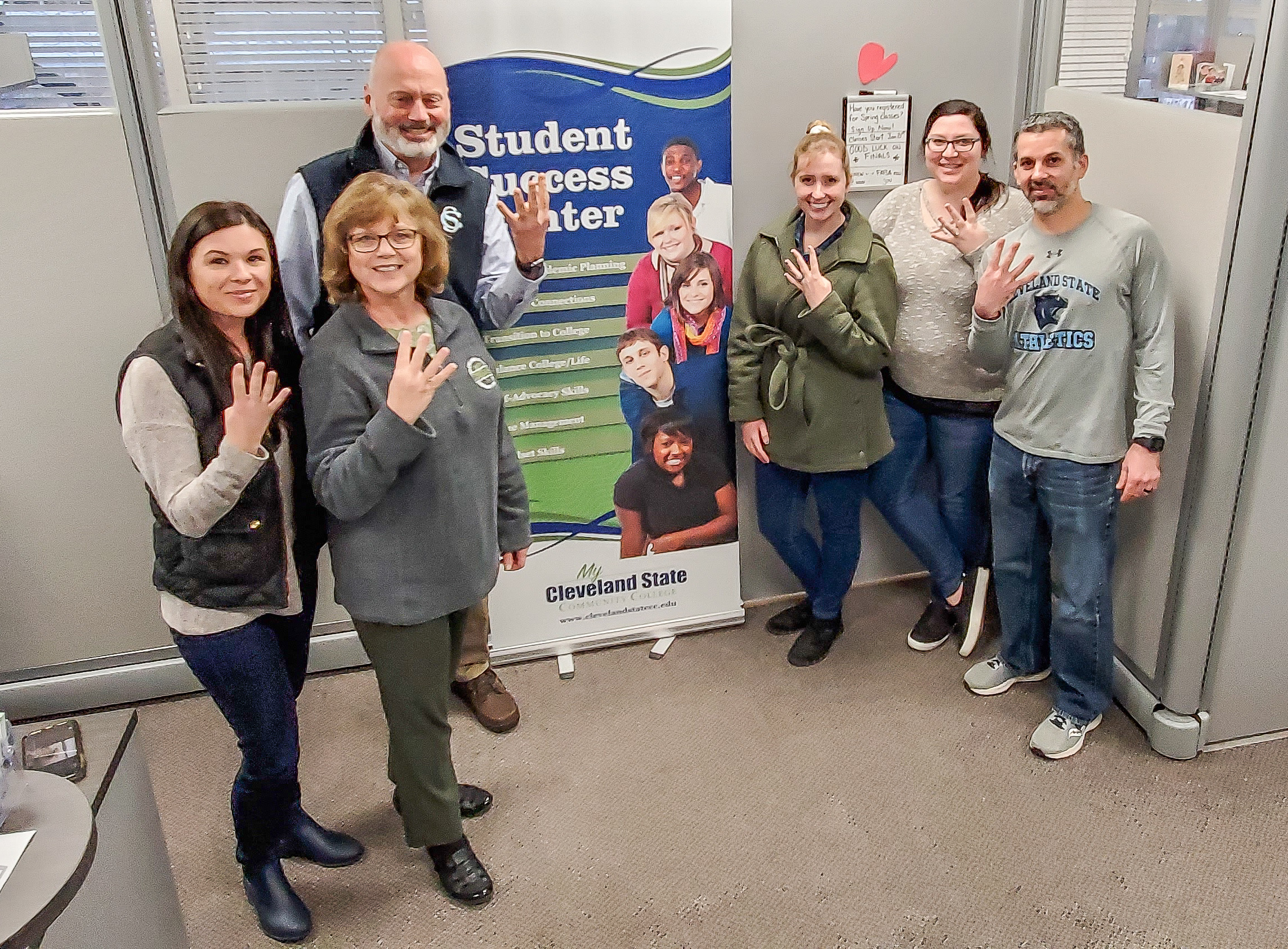
In economic downturns, community college enrollment often rises as students of all ages looking to save money or learn new skills after they’ve lost jobs.
The Community College of Allegheny County near Pittsburgh, also known as CCAC, is anticipating increased enrollment for the summer and fall terms, President Quintin B. Bullock tells University Business.
That growth will comprise first-time students and students looking to retrain for new careers at the college’s four campuses, Bullock says.
“We are still working through the final details as to how we will accommodate various levels of face-to-face interaction and instruction,” Bullock says. “But we anticipate that a combination of online and alternative modes of instruction along with face-to-face will be available for students in the fall.”
Bullock expects that some local students enrolled at colleges and universities in other states may choose to stay closer to home next fall and consider taking courses at CCAC.
The college’s many articulation agreements mean transferring temporarily won’t disrupt students’ progress toward their degrees.
More from UB: How colleges are prepping for face-to-face learning in the fall
“The community college will offer them the ability to continue to take classes that will transfer back to another institution, and allow them to stay connected, stay engaged and advance in their study,” Bullock says. “When the time comes to return, they would have earned a measurable amount of college credit and keep on track to complete an education credential.”
CCAC students can save up to $24,000 in two years of tuition compared to a public university and $63,000 compared to private schools, Bullock adds.
The college is also developing new academic pathways, including a contact tracing program that’s launching this month to train students to help public agencies track the spread of coronavirus.
“Community colleges are leaders in workforce training,” Bullock says. “We work closely with our business and industry to develop training programs that prepare skilled workers to go directly into the workplace.”
Relevance drives community college enrollment
The coronavirus outbreak and the uncertainty it has created have made community colleges even more relevant, says Bill Seymour, president of Cleveland State Community College in Tennessee.

“The local community college becomes a greater option that can give students a better opportunity to control their own personal situation,” Seymour says. “Our contention is that staying home and living at home, particularly for this year, makes sense.”
Community colleges often have smaller class sizes than four-year schools, and this will allow for social distancing in Cleveland State’s classrooms.

The school is also developing hybrid in-person/online courses for the fall during which groups of students may meet with instructors at least one day a week, Seymour says.
More from UB: Student mental health has ‘significantly worsened’ during pandemic
“We’re a completely commuter campus, so we don’t need to contend with residence halls and things of that nature,” Seymour says.
Cleveland State’s fall enrollment numbers are lagging behind last year, but have been picking up in recent weeks. New student registrations have actually increased, Seymour says.
College leaders had prepared a preliminary budget accounting for a 3% drop in revenues and funding, but are now revising that downward toward a cut of 10% or greater, Seymour says.
“We’re planning for a new normal,” he says. “We’re planning for some on-the-ground instruction and some online, and if conditions are such that we have to convert to fully online, we can do that easily and quickly.”
UB’s coronavirus page offers complete coverage of the impacts on higher ed.

